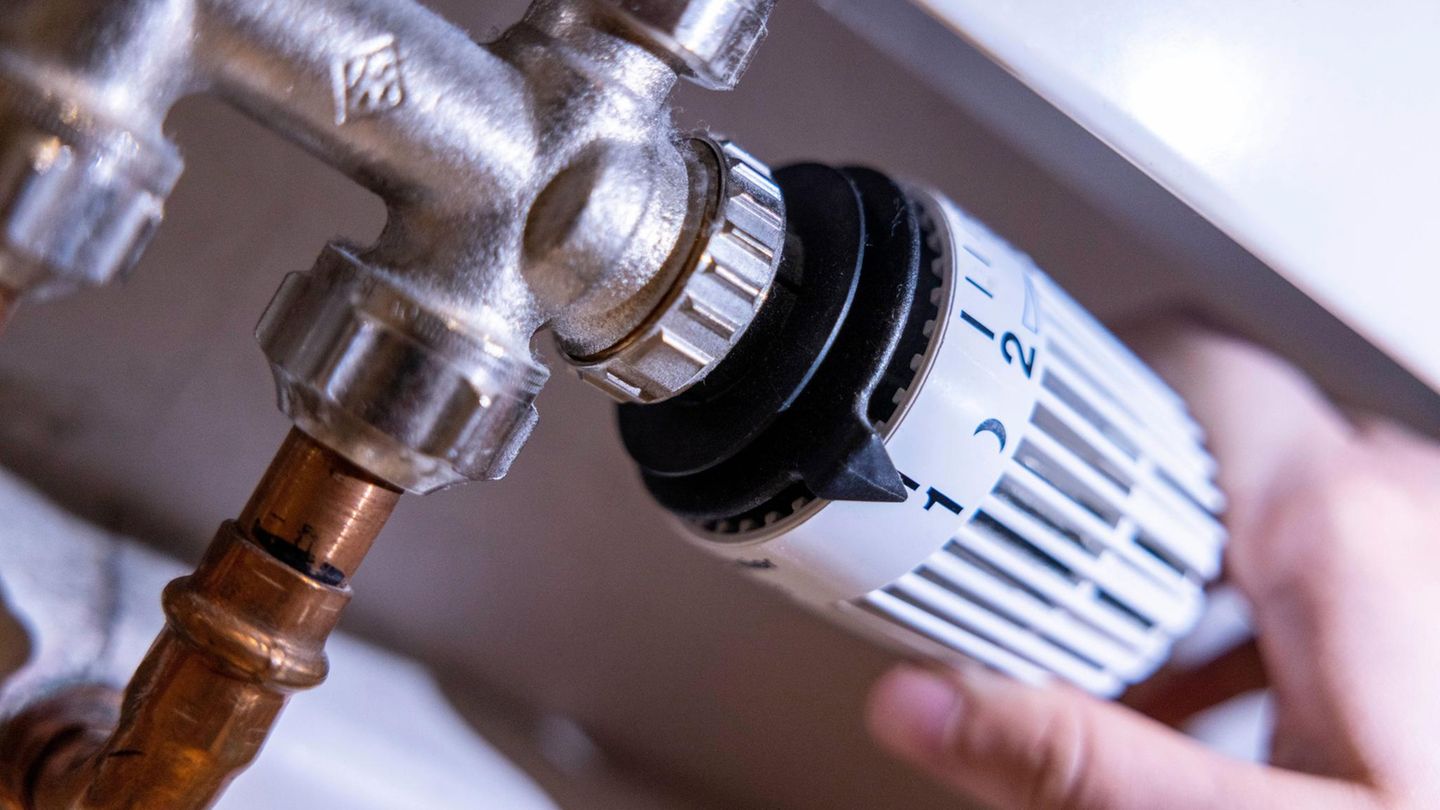Image: VOLKER WEIHBOLD
The next important date for the design of the financial equalization (FAG) is on Monday, September 18th. The nine state governors come together in Vienna for a conference to formulate a common response to the federal government’s latest offer.
The tenor from the states in response to the federal government’s offer presented on Friday (the OÖN reported) is similar – with a graded level of friendliness – a step in the right direction, but not a breakthrough. Upper Austria’s Governor Thomas Stelzer (VP) also rated the offer – the tone tended to be the most positive.
Vienna’s mayor Michael Ludwig (SP), who is also part of the state negotiating team, was pleased that there was “finally movement” in the negotiations. However, he continues to insist on changing the distribution key for dividing the annual tax revenue of around 90 billion euros – currently the key is 68 percent federal, 20 percent state, 12 percent cities and municipalities.
Like Ludwig, Salzburg’s state governor Wilfried Haslauer (VP) pointed out that those areas in which costs are rising particularly sharply (e.g. health) are within state competence. “We will no longer be able to do this on our own without changing the key,” said Haslauer.
Carinthian Governor Peter Kaiser (SP) also emphasized this in the ORF press hour. The costs in areas for which the states and municipalities are responsible, such as care, health, childcare and education, have “increased exorbitantly”. Therefore more resources are needed. Without agreement, there would be a risk of restrictions, Kaiser warned.
Linz Mayor Klaus Luger (SP) called for more money, especially for cities and municipalities. Cities and municipalities are faced with massive cost increases. “Cuts in child care, health, social services or care are not acceptable,” said Luger. He calls for a distribution key in which the federal government should receive 65 percent, the states another 20 percent and the cities and municipalities 15 percent of the tax revenue in the future.
Yesterday, the Ministry of Finance said that “merely changing the distribution key would not be effective”. Targeted investments are needed in the areas of health, care and childcare. According to the ministry, the “Future Fund” proposed on Friday should help with this.
By far the largest part of the tax cake in Austria is collected by the federal government. Alternatively, should we consider giving the federal states greater autonomy in collecting taxes?
Neither Upper Austria’s Governor Stelzer nor Carinthia’s Governor Kaiser think this makes sense.
For Upper Austria, such tax sovereignty would “probably even be an advantage,” says Stelzer in an OÖN interview. “Because we are an economically strong state.” Given Austria’s size, a discussion about splitting up the tax system between the federal states “is not very productive,” says Stelzer. In Switzerland, where the individual cantons have considerable tax sovereignty, there are “very complicated compensation mechanisms” in the background.
Kaiser also calls the fact that the federal government collects the majority of taxes “the most efficient but also the most effective way.” (mst)
My themes
For your saved topics were
new articles found.

info By clicking on the icon you can add the keyword to your topics.
info
By clicking on the icon you open your “my topics” page. They have of 15 keywords saved and would have to remove keywords.
info By clicking on the icon you can remove the keyword from your topics.
Add the topic to your topics.
Source: Nachrichten




